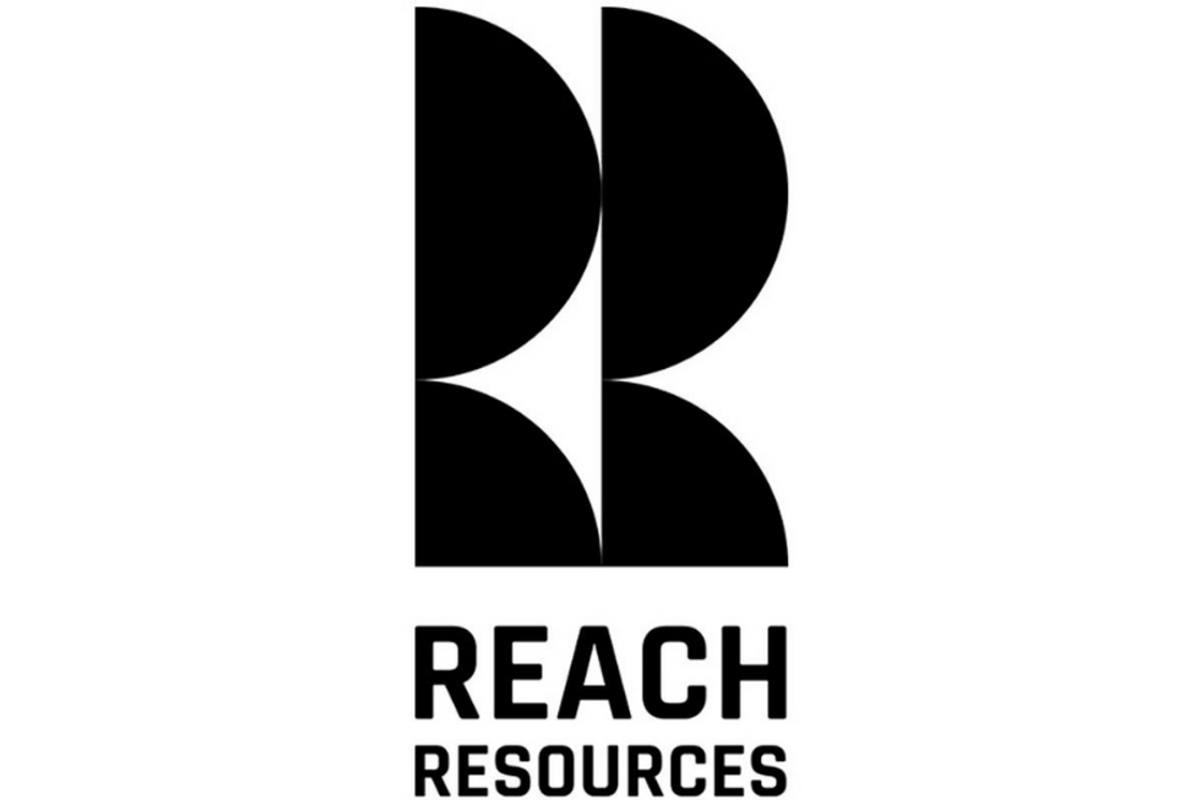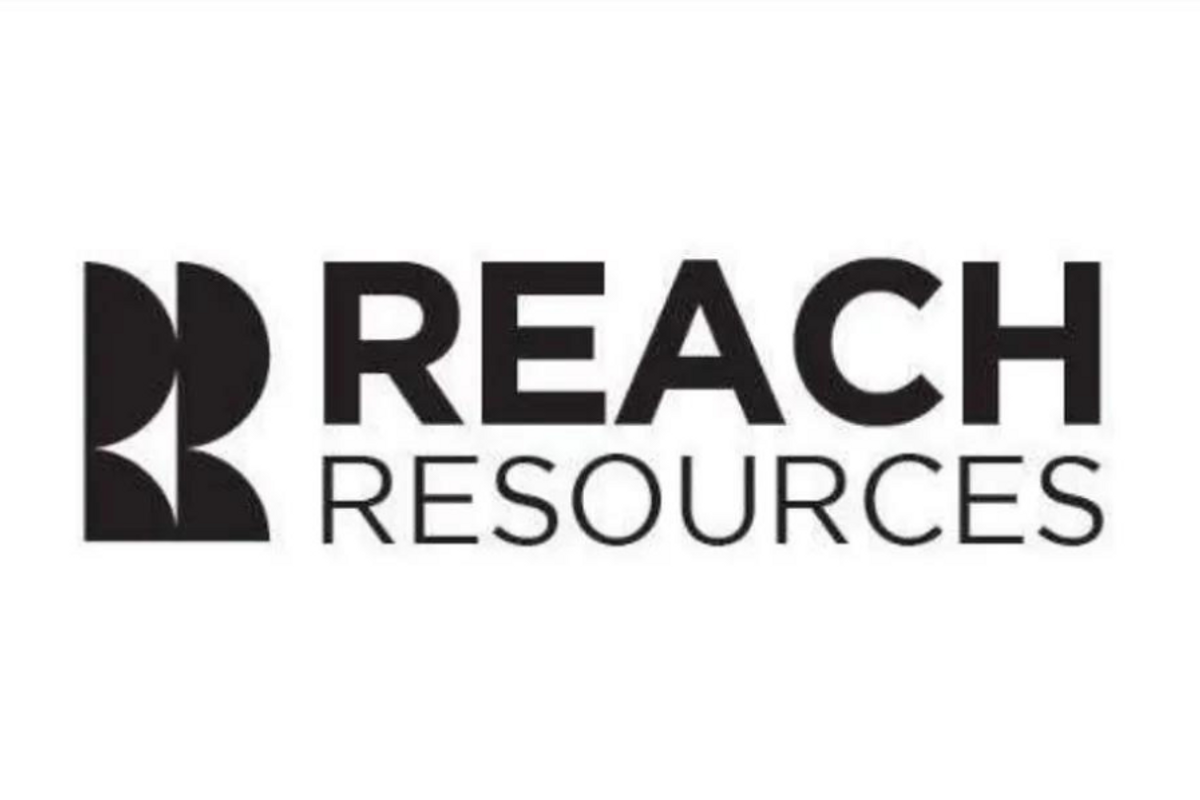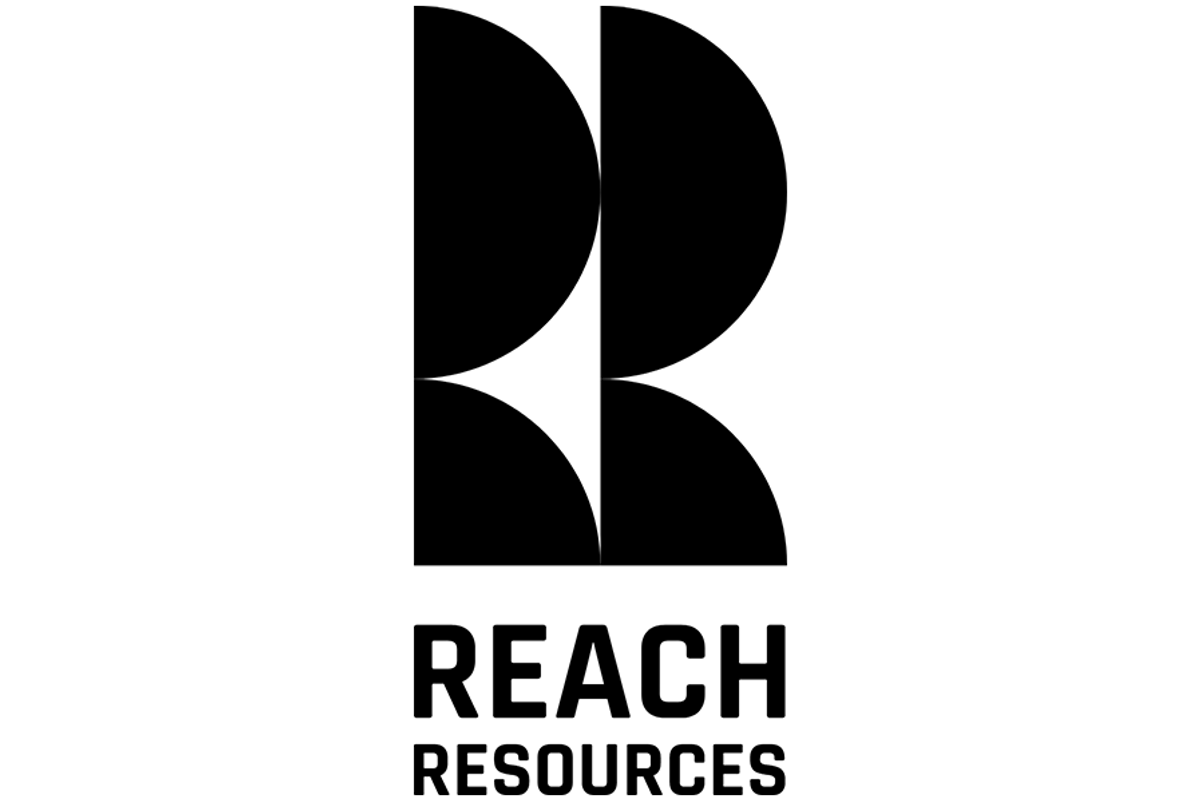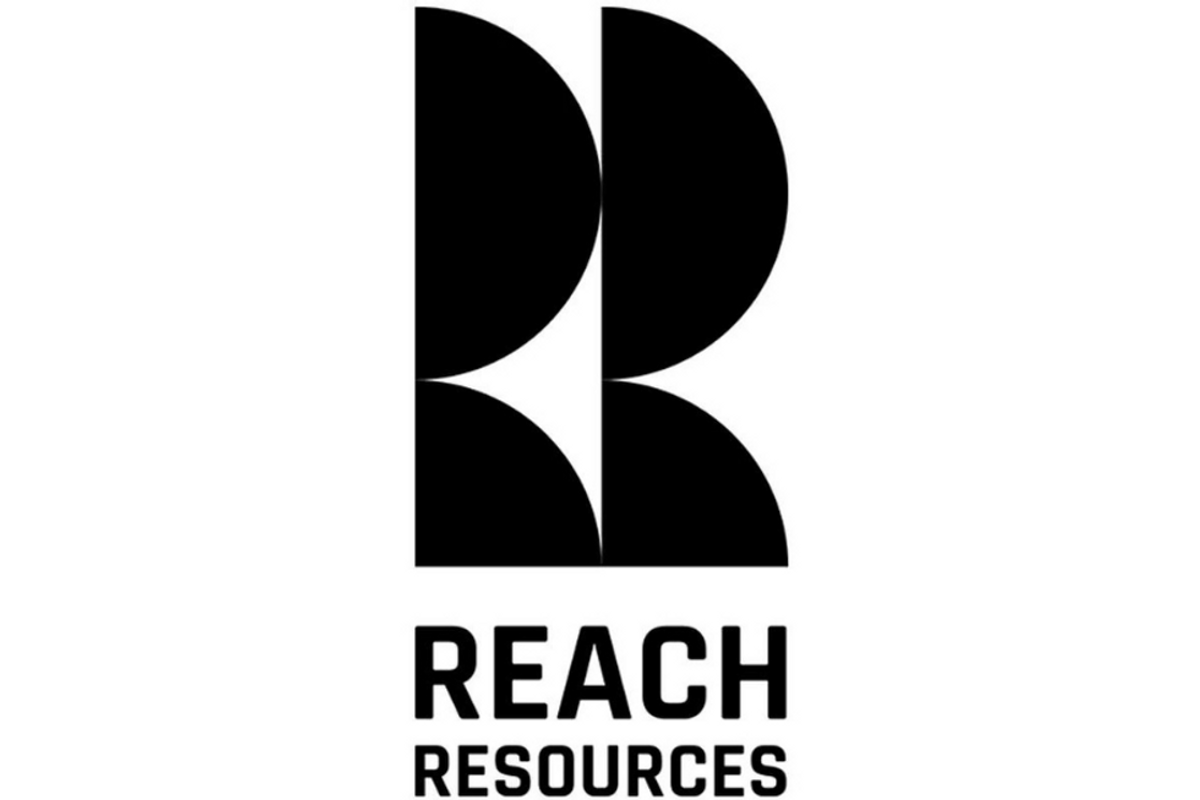
- WORLD EDITIONAustraliaNorth AmericaWorld
December 11, 2023
Reach Resources Limited (ASX: RR1 & RR1O) (“Reach” or “the Company”) is pleased to advise that over 5,000m of the Phase 2 drill program has now been completed and again, multiple stacked pegmatites1 over substantial widths have been intersected across a number of targets within the Company’s 100% owned Morrissey Hill Lithium Project, Yinnetharra WA.
HIGHLIGHTS
- Phase 2 Drilling has significantly elevated the scale of lithium potential at Morrissey Hill with drilling confirming the presence of multiple, thick, stacked pegmatites1 within a previously unrecognised package of the Leake Springs Metamorphics, at Morrissey Hill South.
- The Leake Springs Metamorphics sequence are the same rock units which host Delta Lithium’s (ASX: DLI), Malinda and Jamieson Lithium Projects, located immediately east and west respectively of Morrissey Hill.
- Locating this sequence at Morrissey Hill South, is significant for the project as the Leak Spring Metamorphics had previously been interpreted to exist only within the northern third of the Morrissey Hill project area.
- A total of 57 holes for 5,282m of RC drilling has been completed to date during Phase 2 drilling.
- The majority of all holes drilled across Phase 2, have reported multiple thick, stacked pegmatites1 within favourable metasedimentary and lesser mafic volcanic rock types.
- Phase 2 drilling to date has been restricted to areas where heritage surveys have been previously completed, and with a focus on testing depth continuity of outcropping pegmatites at the Morrissey Hill and Peggy Sue targets, including limited infill and extensional drilling at the Bonzer prospect.
- Importantly, the Company has identified a pipeline of some 33 priority targets which will be methodically evaluated in 2024 once all regulatory approvals have been received, including additional aboriginal heritage surveys.
- Results from this part of the Phase 2 Drilling campaign are expected to be received in early 2024, with all samples already sent to the laboratory for analysis.
Consistent with Delta Lithium’s Malinda Lithium Project located immediately to the east of Morrissey Hill, drilling has confirmed the presence of multiple stacked pegmatites hosted within a mixed package of older country rocks including metasediments (quartz-feldspar-biotite schists) and lesser mafic volcanics and gneisses.
This part of the Phase 2 program has been restricted to areas where heritage surveys have been previously completed with the initial focus being on testing depth continuity of outcropping pegmatites at the Morrissey Hill and Peggy Sue targets, and some infill and extensional drilling at the Bonzer prospect.
1 Cautionary Note: The identification of pegmatites in the drilling completed to date does not imply the presence of lithium mineralisation. The presence of any lithium mineralisation will be determined by laboratory analyses.
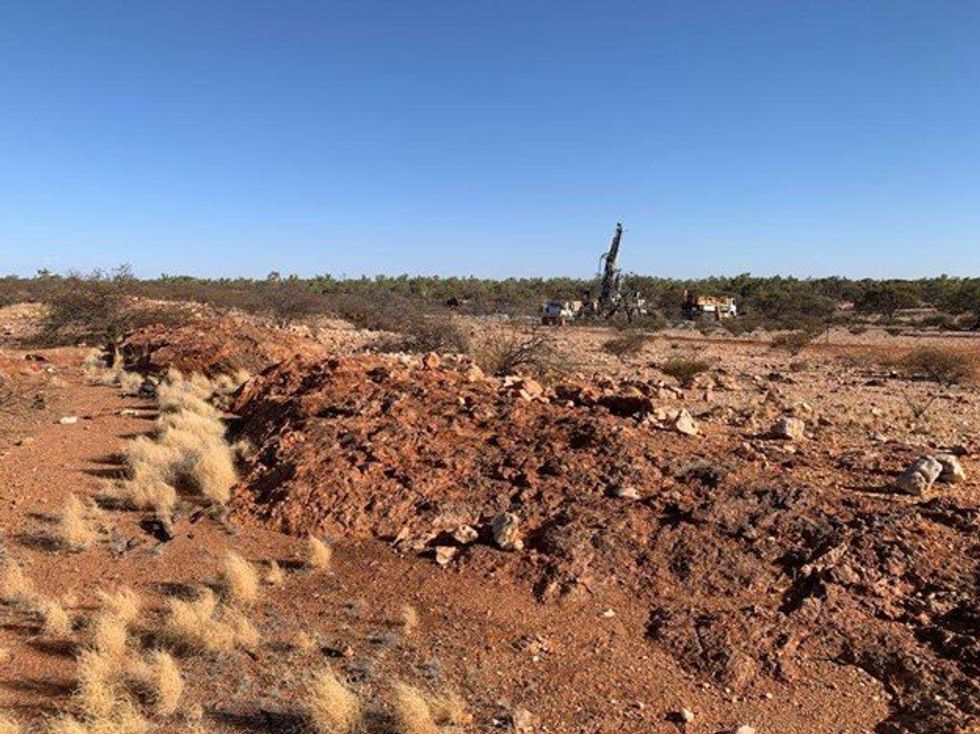
Jeremy Bower CEO commented:
“We are excited that our Phase 2 campaign which has been designed to test new targets to the south of Bonzer has confirmed the presence of multiple, thick, stacked pegmatites within a previously unrecognised package of the Leake Springs Metamorphics.
These are the same rock types that host Delta’s Malinda Lithium Project to our east and the Jamieson Lithium Prospect to our west. Detailed geological mapping by our geological team identified the area as a potential Malinda “look alike” with a large number of wide, strike extensive pegmatites occurring within a mixed package of older country rocks, including metasediments and mafic volcanics which we interpret as a previously unrecognised corridor of the Leake Springs Metamorphics.
The area is clearly not dominated by granite which is what’s shown on existing GSWA maps. Confirming an extension to the Leake Springs package is a major breakthrough in advancing the potential and scale of the opportunity at Morrissey Hill. This sequence of rocks is known to be far more favourable for pegmatite fractionation and the development of significant lithium mineralisation.
The conditions the team are working in are extreme and yet they have not only completed another technically brilliant drill campaign, but also continued to identify and map new pegmatite targets to add to the huge potential at Morrissey Hill. We will pull up for a well-earned Christmas break and look forward to another huge year in 2024.”
Click here for the full ASX Release
This article includes content from Reach Resources, licensed for the purpose of publishing on Investing News Australia. This article does not constitute financial product advice. It is your responsibility to perform proper due diligence before acting upon any information provided here. Please refer to our full disclaimer here.
RR1:AU
The Conversation (0)
03 May 2022
Reach Resources Limited
Sourcing the Critical Minerals of the Future
Sourcing the Critical Minerals of the Future Keep Reading...
13 May 2025
Murchison South Increases to 67koz Gold Across Two Pits
Reach Resources Limited (ASX: RR1 & RR1O) (“Reach” or “the Company”) is pleased to announce the completion of a new Mineral Resource Estimate (MRE) for the Pansy Pit deposit at its Murchison South Gold Project. The estimate, prepared by independent consultants Mining Plus, reported above a... Keep Reading...
28 July 2023
Quarterly Activities/Appendix 5B Cash Flow Report
Reach Resources Limited (ASX: RR1) (“Reach” or “the Company”) provides its activities report for the quarter ended 30 June 2023. HIGHLIGHTS High-Grade Lithium Results at Yinnetharra (15 May 2023) Lithium mineralisation confirmed with rock chip samples reporting highly encouraging assays of up to... Keep Reading...
18 May 2023
Outcropping Copper Gossan Delivers 33% Cu Assays At Morrissey Hill Project, Yinnetharra
Reach Resources Limited (ASX: RR1 & RR1O) (“Reach” or “the Company”) is pleased to announce that it has received high grade copper, gold and silver results up to 33% copper, 0.2g/t gold and 142g/t silver from its recently completed rock chip sampling program at the Company’s Morrissey Hill... Keep Reading...
14 May 2023
Reach Resources’ Strategic Position Between Two of WA’s Mining Heavyweights
Reach Resources’ (ASX:RR1) strategic position with its Morrissey Hill project has placed the critical mineral explorer on the radar of two of Western Australia’s mining giants Delta Lithium (ASX:DLI) and Minerals 260 (ASX:MI6), according to an article published in The West Australian.“While... Keep Reading...
Latest News
Interactive Chart
Latest Press Releases
Related News
TOP STOCKS
American Battery4.030.24
Aion Therapeutic0.10-0.01
Cybin Corp2.140.00
